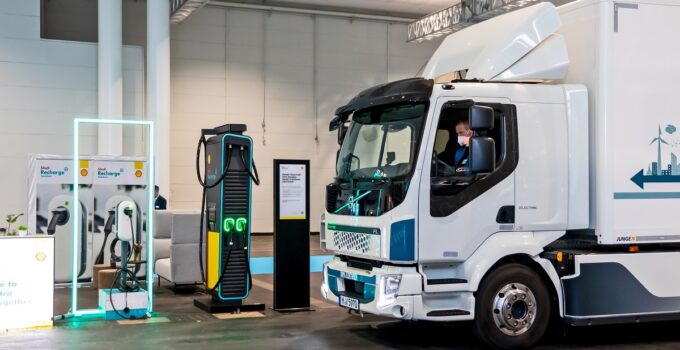The battle between electric trucks and diesel giants is heating up, with each side boasting unique advantages and facing specific challenges. Let’s break down the key points of contention between these two titans of the trucking world.
1. Environmental Impact
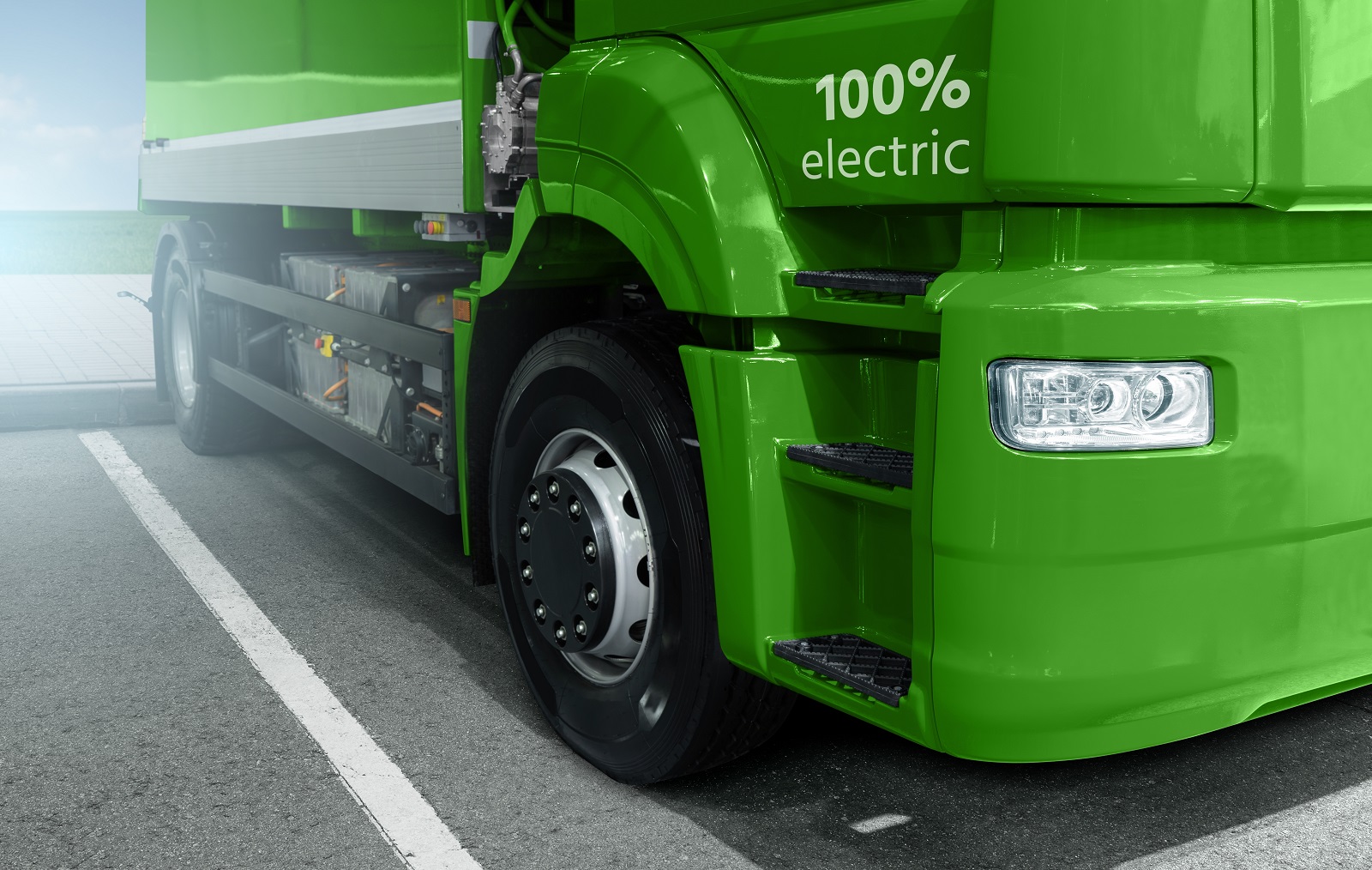
Image Credit: Shutterstock / Scharfsinn
Electric trucks offer zero tailpipe emissions, making them a greener choice for the environment. Diesel trucks, on the other hand, contribute significantly to air pollution with their exhaust emissions.
2. Fuel Costs
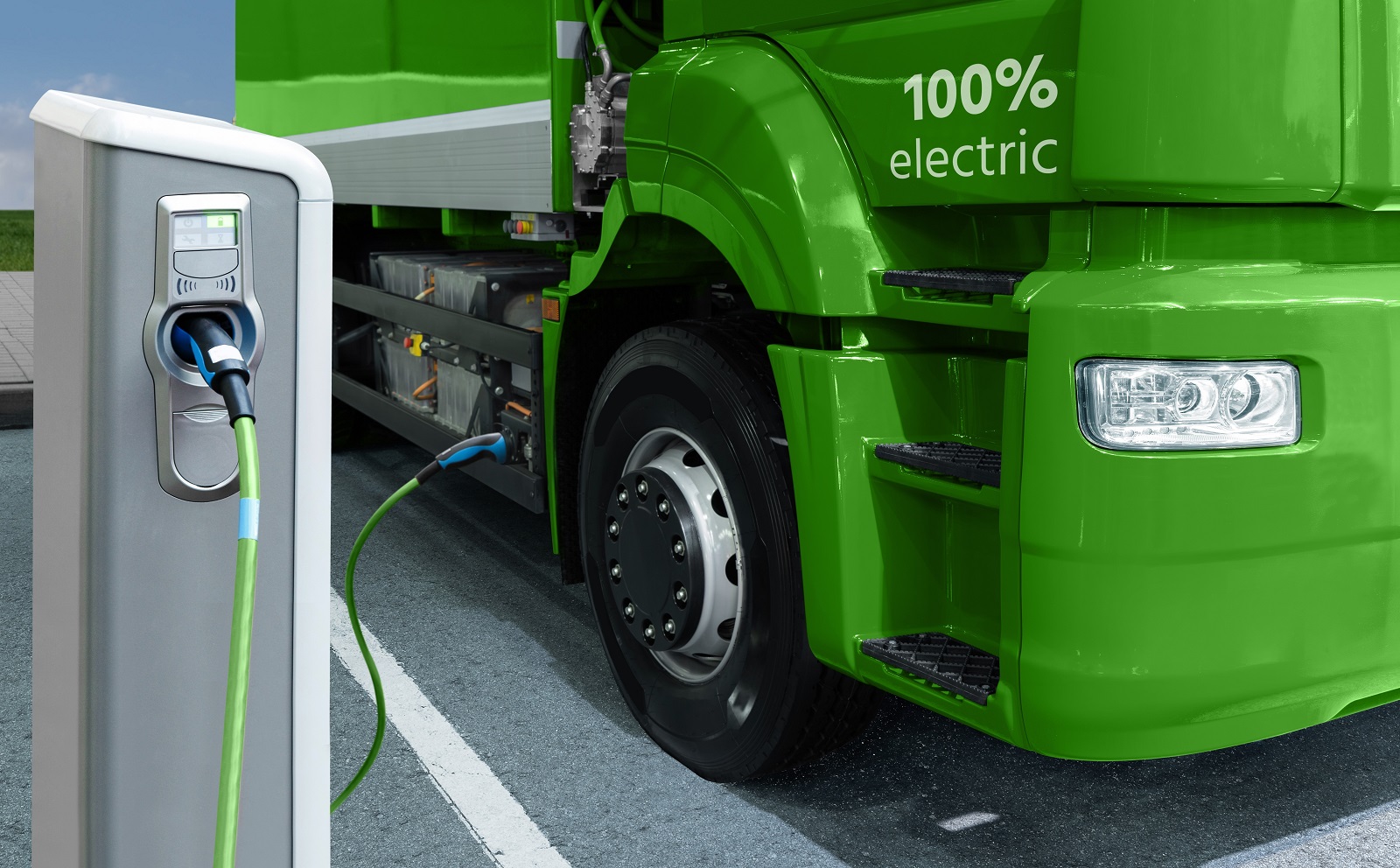
Image Credit: Shutterstock / Scharfsinn
Electric trucks are typically cheaper to “fuel” with electricity compared to the fluctuating costs of diesel. Diesel prices can vary greatly, impacting the overall cost of operation for diesel trucks.
3. Maintenance Requirements

Image Credit: Shutterstock / Scharfsinn
Electric trucks have fewer moving parts, leading to lower maintenance costs and less frequent repairs. Diesel trucks, with their complex engines and exhaust systems, require more regular maintenance.
4. Range and Refueling
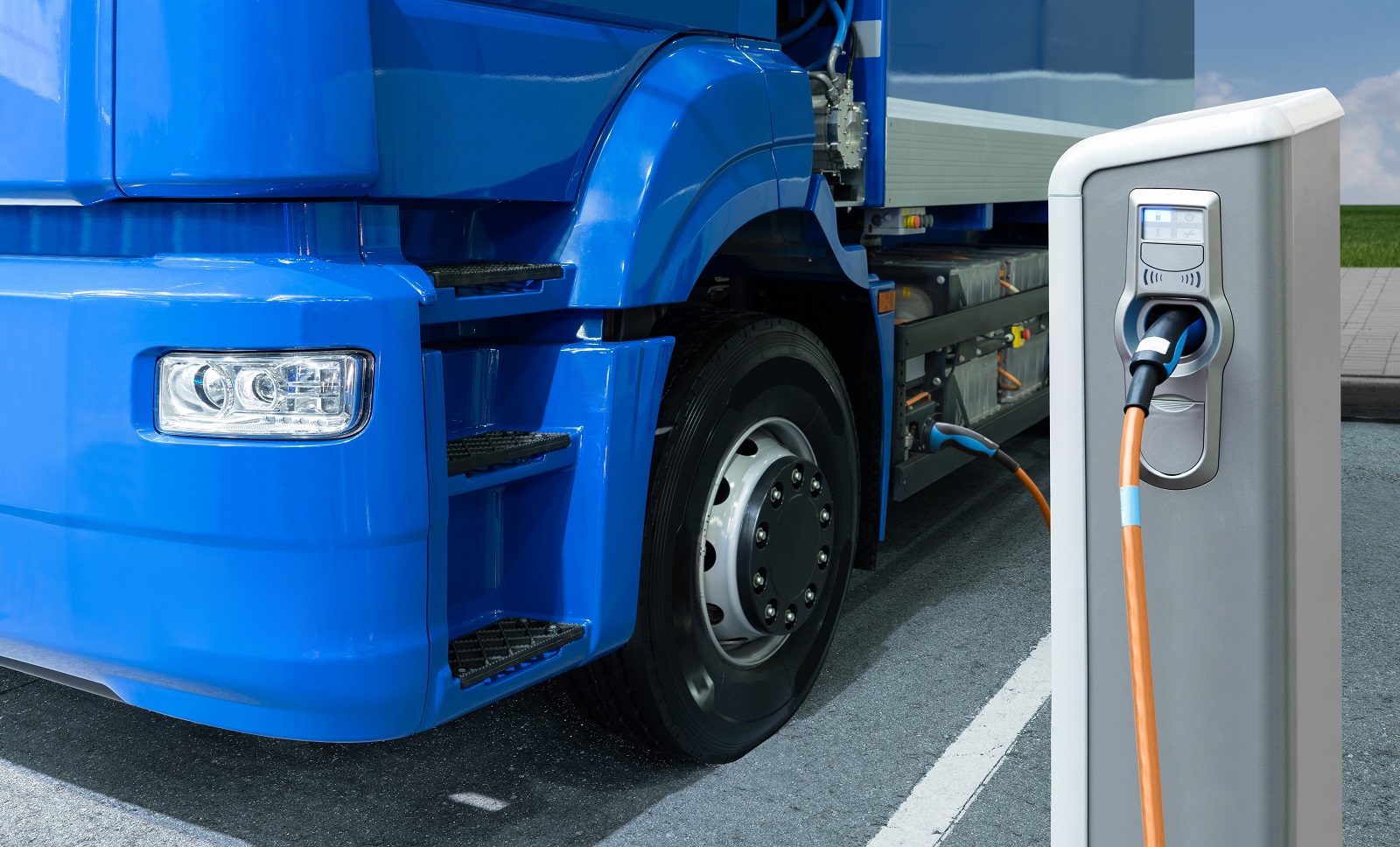
Image Credit: Shutterstock / Scharfsinn
Diesel trucks currently have the advantage in terms of range, being able to travel long distances without refueling. Electric trucks are improving, but still face limitations in range and the time it takes to recharge.
5. Power and Performance
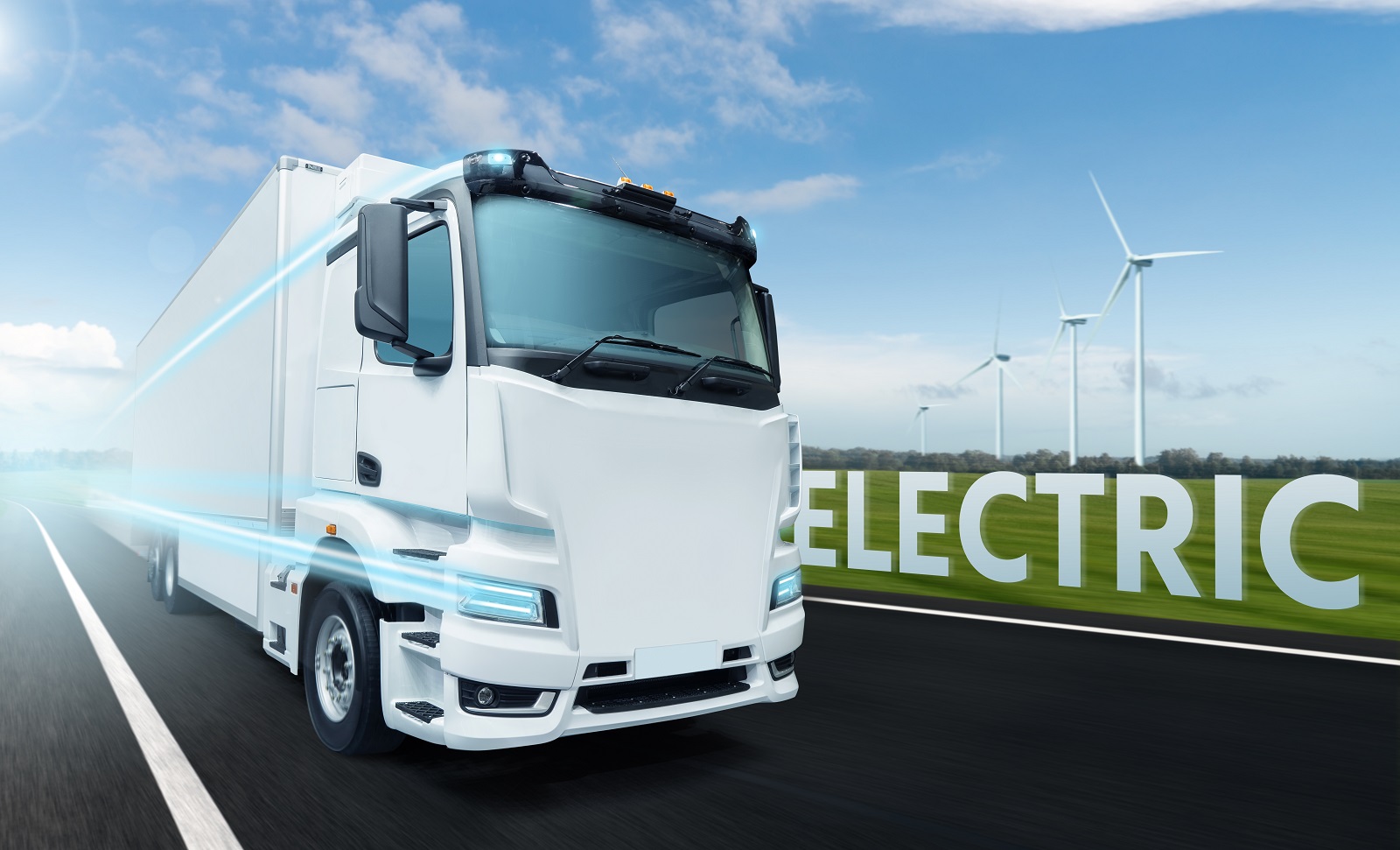
Image Credit: Shutterstock / Scharfsinn
Diesel engines are known for their powerful torque, which is essential for heavy-duty hauling and towing. Electric trucks are catching up, with instant torque delivery and impressive towing capacities in newer models.
6. Infrastructure Availability
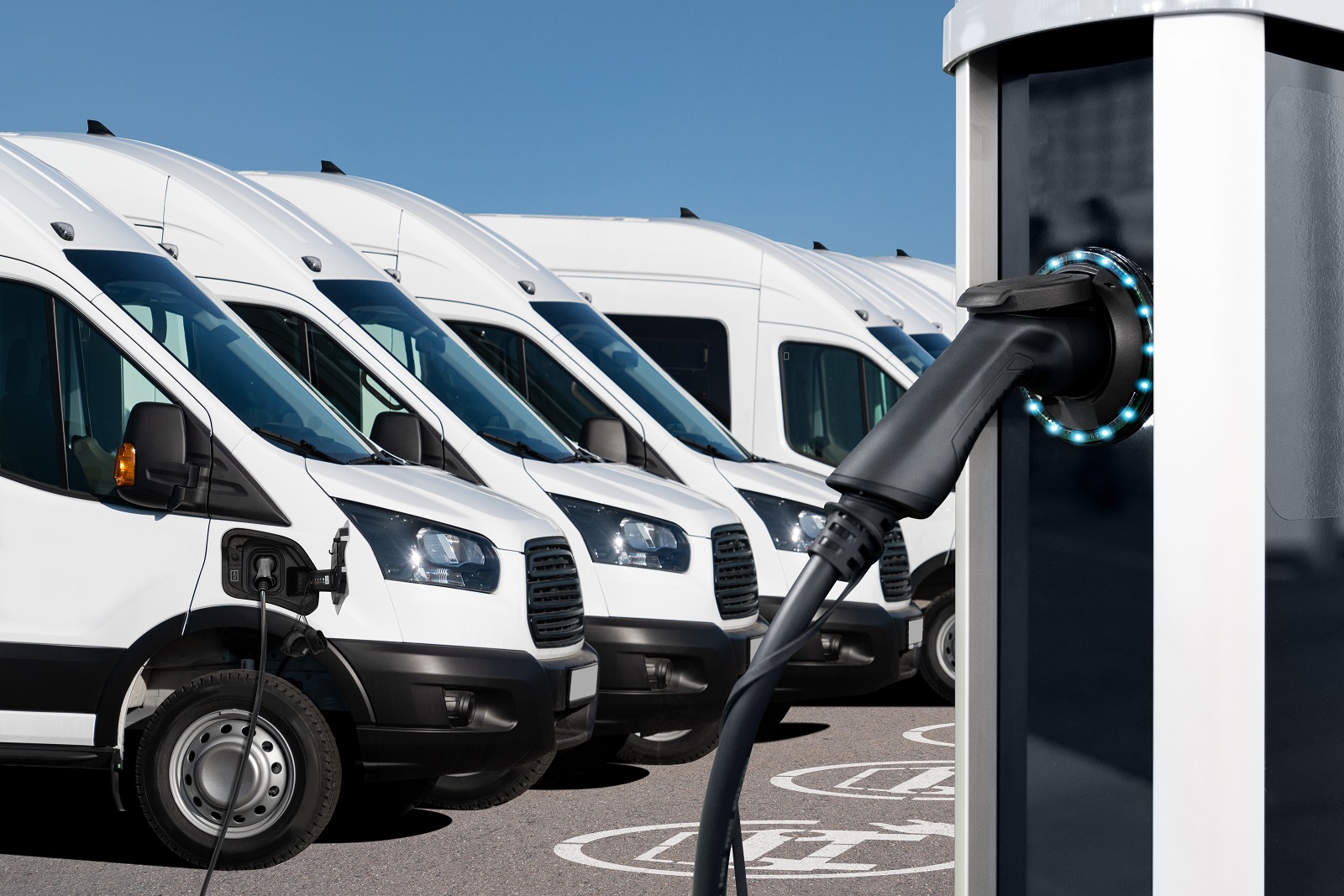
Image Credit: Shutterstock / Scharfsinn
Diesel refueling stations are widespread and well-established, making it easy for diesel trucks to refuel anywhere. Electric charging infrastructure is expanding, but still lags behind in terms of availability, especially in rural areas.
7. Purchase Price

Image Credit: Shutterstock / Korawat photo shoot
Electric trucks generally come with a higher upfront cost due to the expensive battery technology. Diesel trucks, while not cheap, often have a lower initial purchase price.
8. Government Incentives

Image Credit: Shutterstock / Rawpixel.com
Many governments offer incentives and tax breaks for purchasing electric trucks, which can offset the higher initial cost. Diesel trucks do not typically benefit from such incentives.
9. Depreciation Rates

Image Credit: Shutterstock / wutzkohphoto
Electric trucks may depreciate faster due to rapidly advancing technology and concerns over battery life. Diesel trucks, while still subject to depreciation, often retain their value better over time.
10. Noise Pollution
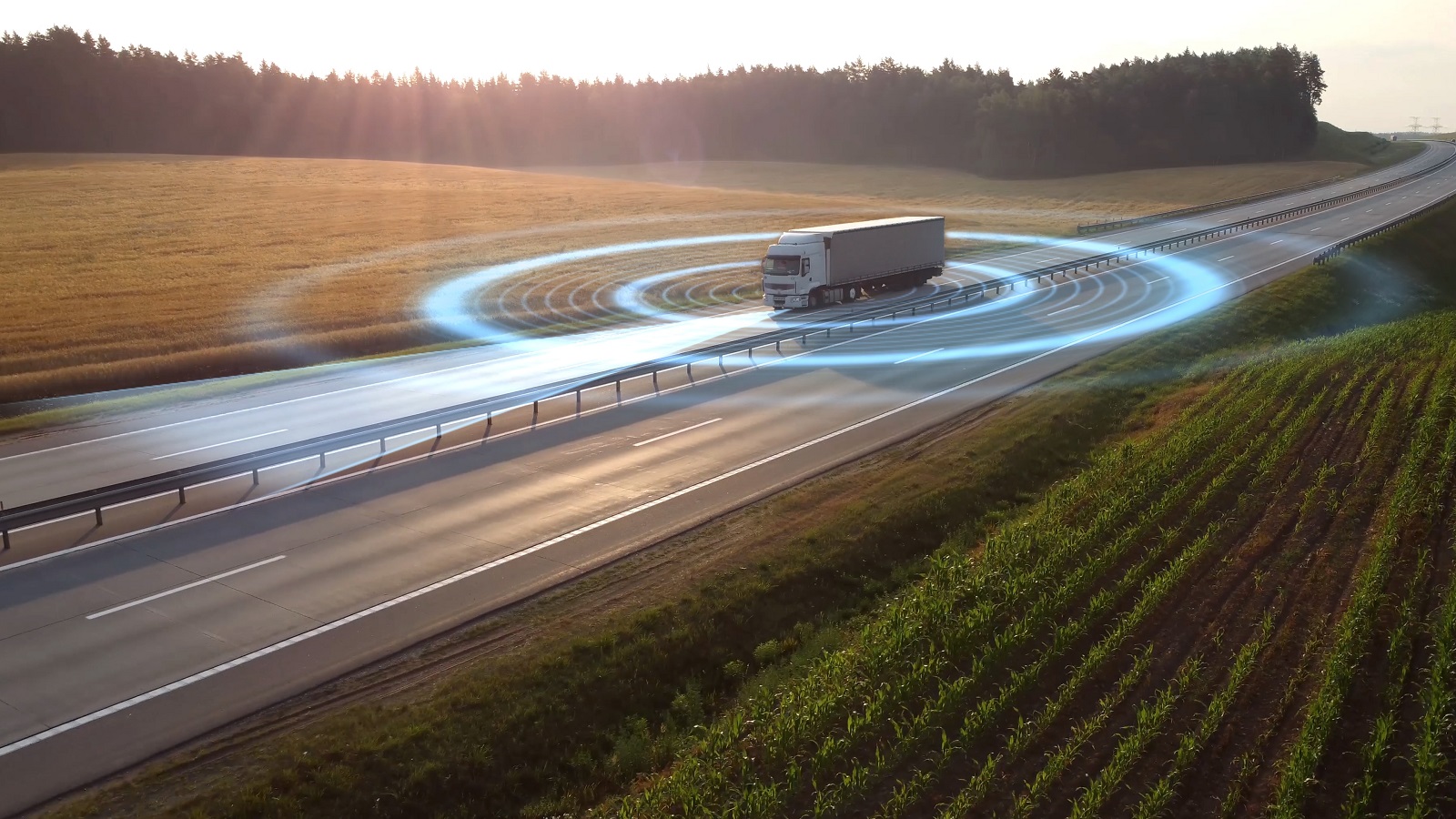
Image Credit: Shutterstock / AlinStock
Electric trucks operate much more quietly than their diesel counterparts, reducing noise pollution in urban areas and making for a more pleasant driving experience.
11. Energy Efficiency
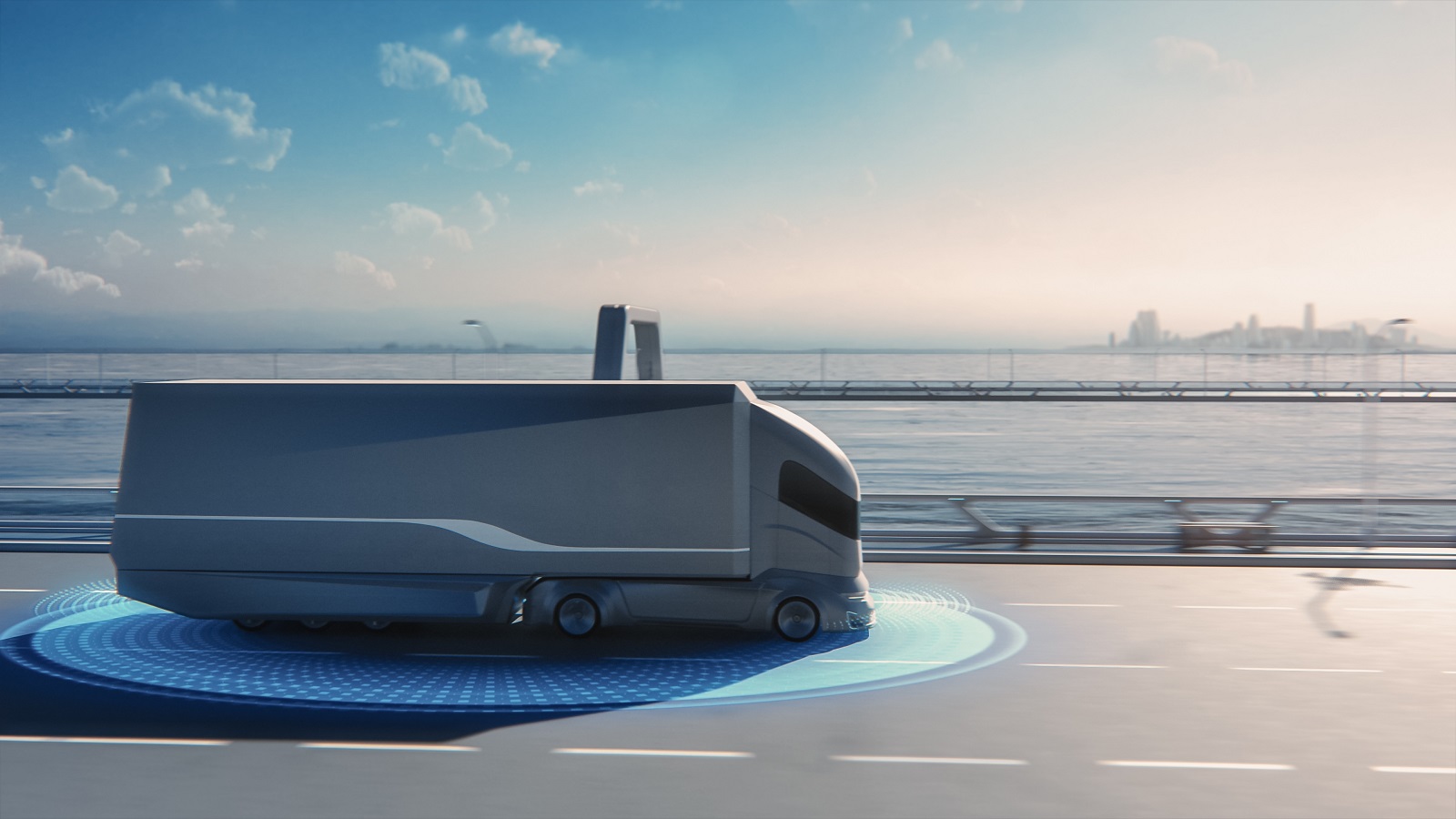
Image Credit: Shutterstock /
Gorodenkoff
Electric trucks are generally more energy-efficient, converting a higher percentage of energy from the battery to movement. Diesel engines lose more energy to heat and friction.
12. Reliability in Extreme Conditions

Image Credit: Shutterstock / Roman Babakin
Diesel engines are known for their durability and reliability in extreme weather conditions. Electric trucks can face performance issues in very cold climates, affecting battery efficiency and range.
13. Cargo Capacity

Image Credit: Shutterstock /
Related keywords
The heavy batteries in electric trucks can reduce the available payload capacity compared to diesel trucks. Diesel trucks typically offer more cargo space due to their lighter engine components.
14. Market Availability
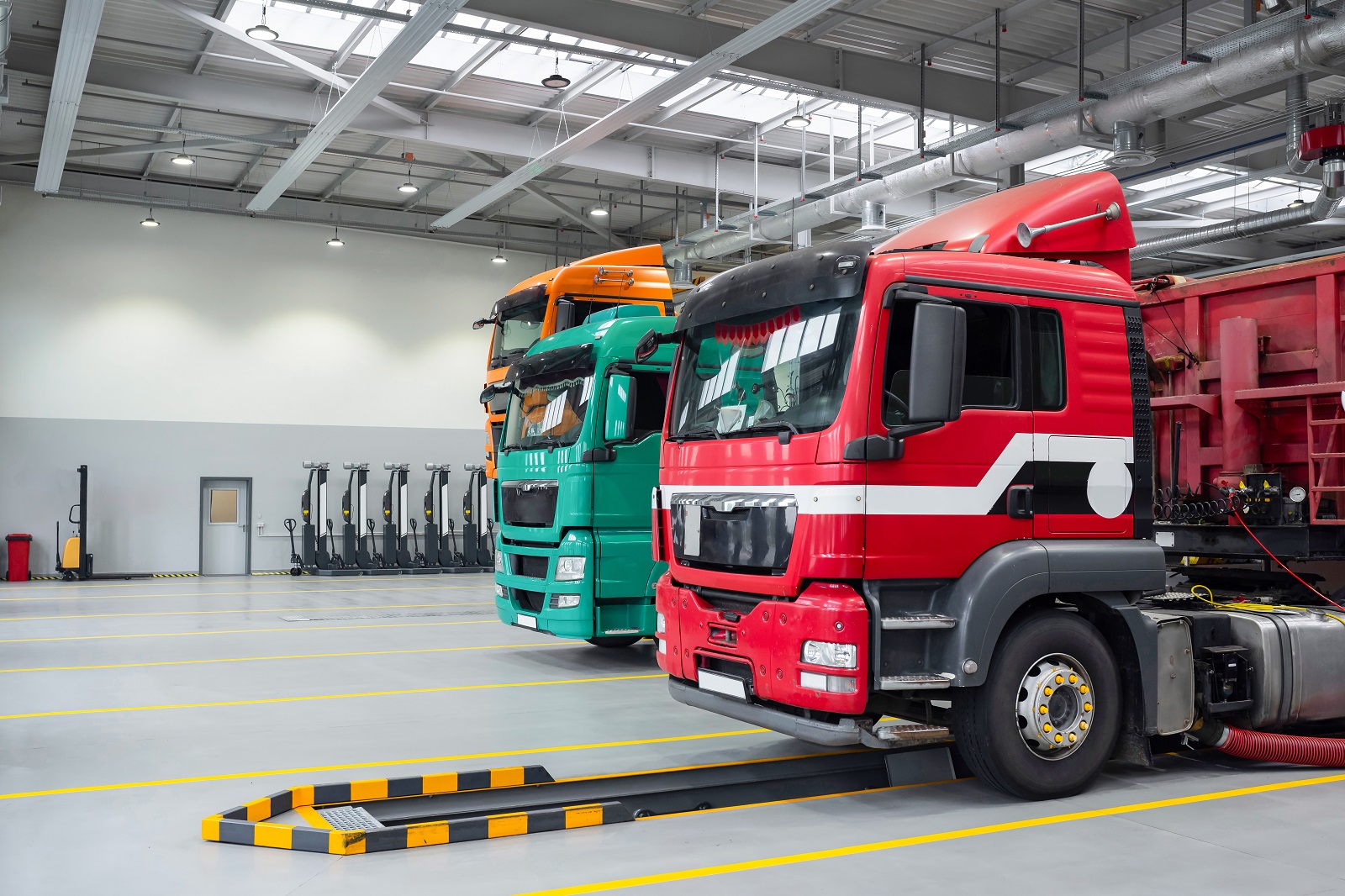
Image Credit: Shutterstock / shablovskyistock
Diesel trucks have a broader range of models and configurations available on the market. Electric trucks are still emerging, with fewer options and customization choices currently available.
15. Long-Term Viability
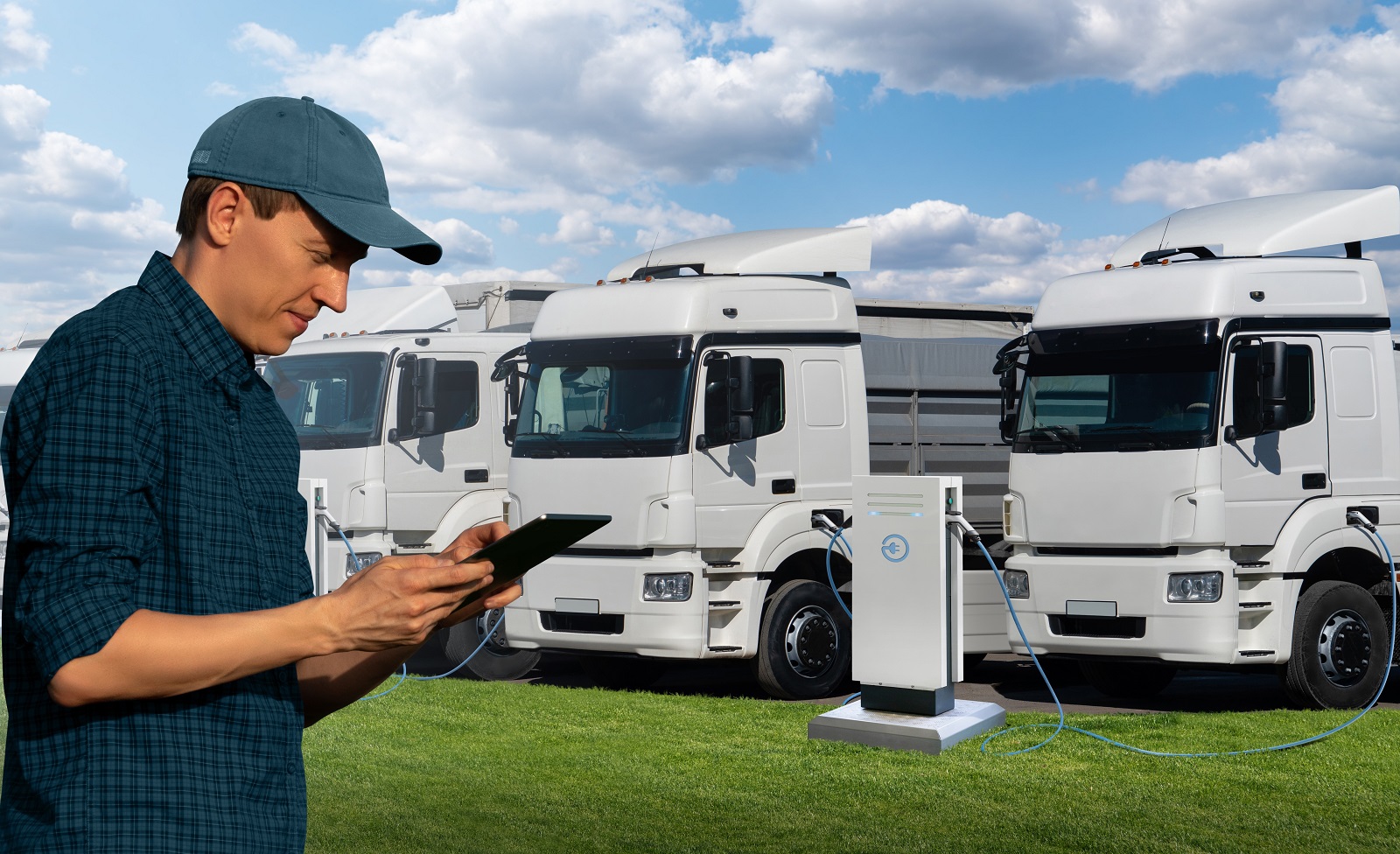
Image Credit: Shutterstock / Scharfsinn
As governments push for greener policies, electric trucks are likely to see increased support and infrastructure development. Diesel trucks might face stricter regulations and possible phase-outs in certain regions.
16. Total Cost of Ownership

Image Credit: Shutterstock / Rawpixel.com
While electric trucks have higher upfront costs, they can offer lower total cost of ownership over time through savings on fuel, maintenance, and incentives. Diesel trucks, with their established presence and lower initial costs, remain a strong contender, especially for long-haul operations.
The Future of Trucking
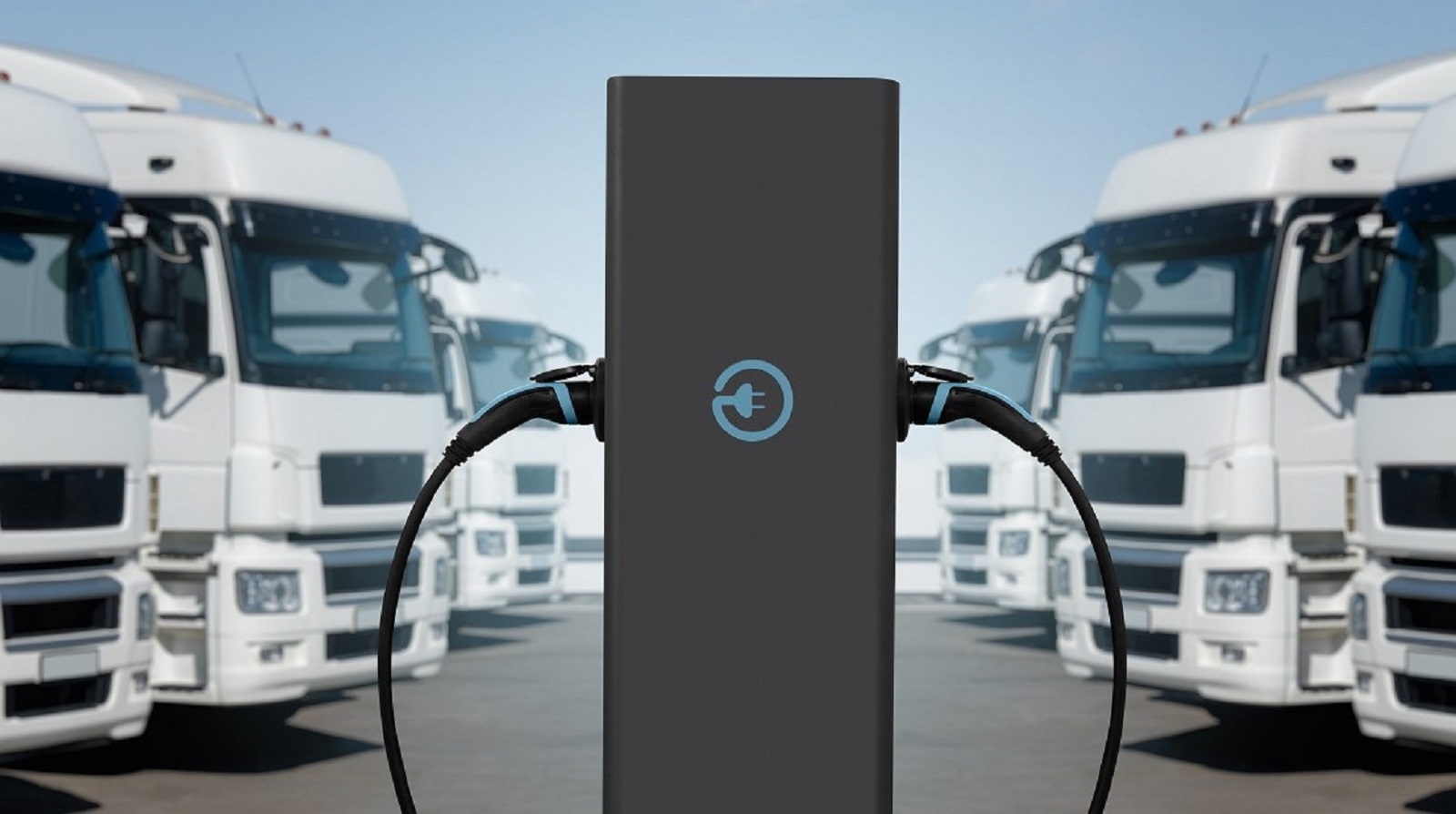
Image Credit: Shutterstock / Scharfsinn
The showdown between electric trucks and diesel giants represents a significant shift in the trucking industry. Both have their strengths and weaknesses, and the choice between them will depend on specific needs, priorities, and future developments in technology and infrastructure. As the industry evolves, the competition will drive innovation and potentially lead to the best of both worlds.
2024’s Most Anticipated Car Releases: What’s Coming Soon

Image Credit: Shutterstock / canadianPhotographer56
If you love cars, 2024 is shaping up to be an exciting year. New models are rolling out with more power, better tech, and some fresh designs that could change the game. Here’s the scoop on the top cars hitting the streets soon. 2024’s Most Anticipated Car Releases: What’s Coming Soon
21 Mods That Make Your Car Illegal

Image Credit: Shutterstock / macondo
Car modifications can enhance style and performance, but not all modifications are legal. Here are 21 illegal car modifications that can get you in trouble with the law across various states. 21 Mods That Make Your Car Illegal
10 American Classic Cars That Define a Generation
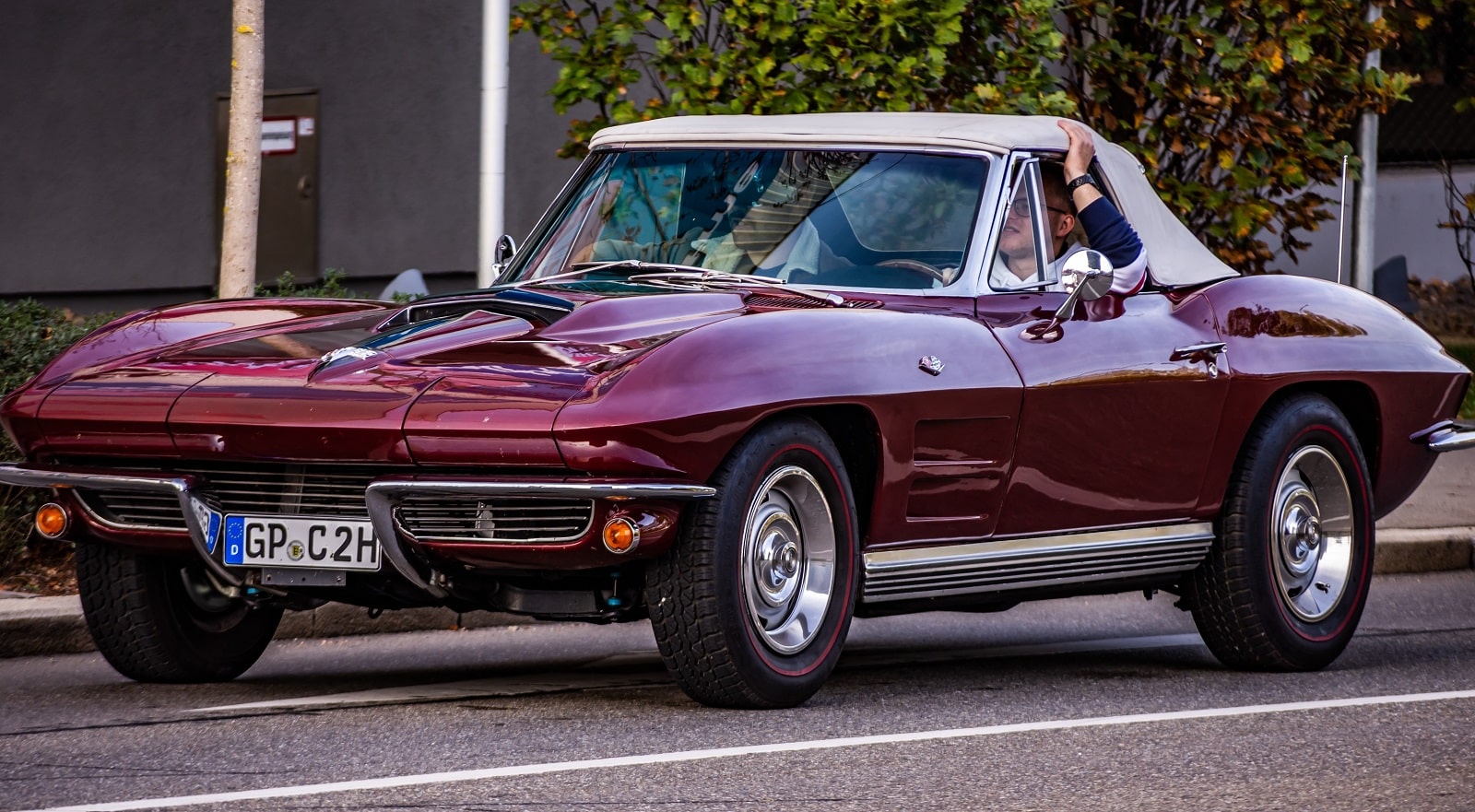
Image Credit: Shutterstock / Krisz12Photo
American classic cars are symbols of their eras, each telling a story of its time and capturing the essence of car culture. Here are ten classics that defined generations. 10 American Classic Cars That Define a Generation
The Rebirth of the American Sports Car

Image Credit: Shutterstock / davidaguerophoto
American sports cars are evolving, blending classic looks with new technology and improved performance. Here are ten ways they’re better than ever. The Rebirth of the American Sports Car
24 Costly Mistakes in New Car Deals
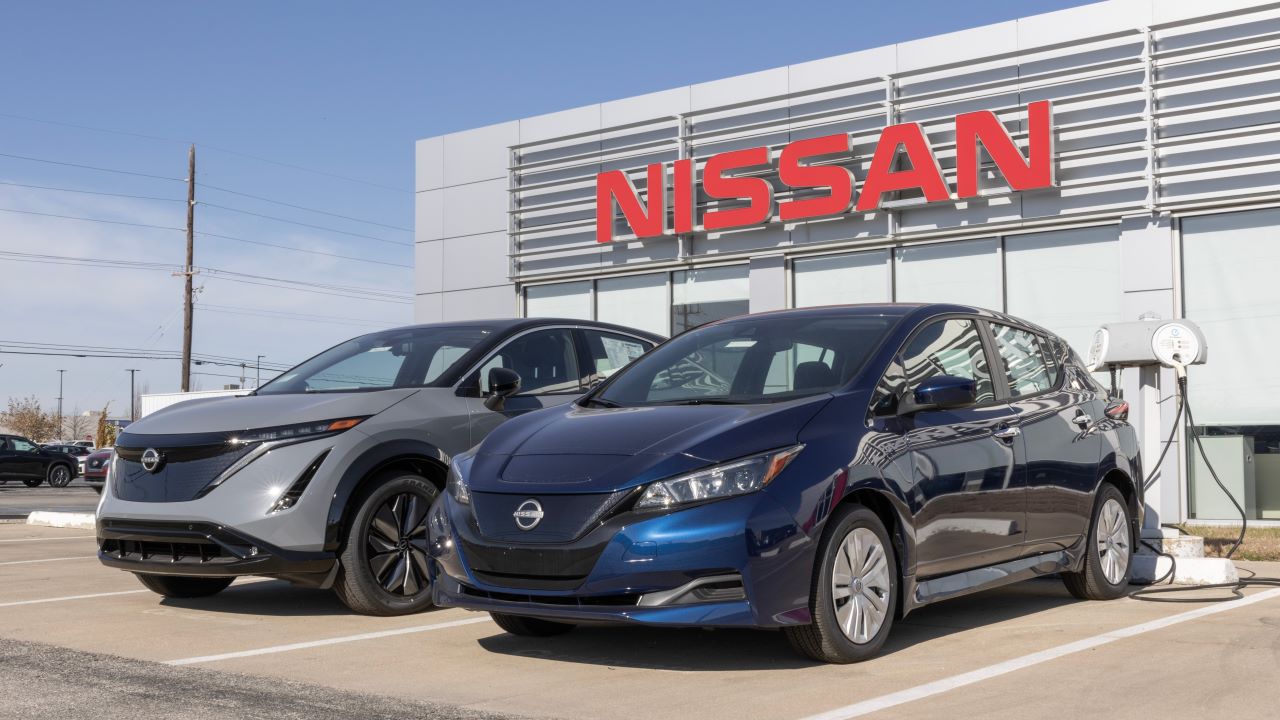
Image Credit: Shutterstock / Jonathan Weiss
Buying a new car is exciting, but it may not be the smartest financial choice. Some view it as a financial trap due to long-term costs. Do you agree with these 24 reasons, or should we ignore the risks and buy that shiny new car? 24 Costly Mistakes in New Car Deals
The post The Ultimate Showdown: Electric Trucks vs. Diesel Giants first appeared on Mechanic Insider.
Featured Image Credit: Shutterstock / VanderWolf Images.
For transparency, this content was partly developed with AI assistance and carefully curated by an experienced editor to be informative and ensure accuracy.
